I’ve started listening to a new podcast during my morning walk. It’s called the Paranormal Podcast and it deals with all sorts of spooky stuff.
It’s made me think again about the truth that there are many people out there who are fascinated by the supernatural and want to know more. Furthermore, they not only believe in life after death, the spirit world, telekinesis, ESP and all that junk, but they want some way to deal with it practically in their lives.
Errm…from time immemorial there has always been a way to deal with this aspect of existence. It was called “religion”.
We seem to forget that for the vast period of human history religion was not about being a nice person, feeding the hungry, housing the homeless and working for peace and justice. It was about the commerce between this world and the next. It was the interface between gods and men.
In the ancient world religion had nothing to do with morality. The link between morality and religion came in with the Ten Commandments.
Now, lest somebody go stomping off because “Fr Longenecker doesn’t care about the poor…” This is not what I’m saying. Of course the corporal works of mercy are vital to the Catholic life, but they are not essentially what religion is about. They are the result of good religion, but they are not religion itself.
One of the reasons people go trotting off to New Age looniness, Eastern religions, ESP, clairvoyance, mediums and contact with the dead is because modernist Christians have neglected the supernatural aspect. The modernists looked at miracles and the supernatural, and influenced by rationalism, quietly pulled the plug on the supernatural aspect of religion.
The miracles and supernatural events in the Bible and church tradition were dismissed as the relics of a superstitious age. Modern people couldn’t believe in all that stuff, so they “re-interpreted” the supernatural and turned those stories into pretty parables to teach us lessons about life. “Faith” became positive thinking. Healing became therapy. God became a symbol for “the very best in the human spirit”.
But the hunger and interest in the supernatural among ordinary people was not quite so easy to kill off. The interest remained, but because the mainstream churches had opted for Moralistic, Therapeutic Deism the people turned elsewhere to quench their thirst for the supernatural.
They turned to the occult, to modern myth in comics and movies, to New Age philosophies and the twilight world of seances, mediums, ESP, telepathy etc.
The crazy crazy crazy thing is that Catholicism in its fullness, deals with all these matters not only with an intelligible and sensible philosophy, but also with a very practical and ordinary way. If a person practices the simplicity of the Catholic faith they would find all those side alleys of the supernatural to be dealt with in a healthy, open and positive way.
I had a friend in England once who was a lapsed Catholic. She had got herself involved in a wacky Eastern New Age cult. The guru was bilking everyone for as much cash as she could get and was also sleeping around in their love commune. When I asked my friend what had drawn her to this, she said it was the attraction of meditation.
“Why didn’t you just do Catholic meditation if you were interested in meditation?”
“What’s that?” she asked.
I explained about the rosary, adoration, contemplative prayer and asked if she had ever heard about that. She hadn’t.
AND she had gone to a convent school.
Go figure.
In every area of the New Age, occult and alternative religions, Catholicism already offers the same thing, but in proper priority and proportion and integrated into the fullness of a whole Catholic religion, theology, philosophy and spirituality.
Take another example: seances and mediums. People who have lost a loved one want to be in touch with them. They want to know they are alright. They want to know that they will see them again one day. They need help working through their grief.
So off the tootle to see a medium and attend a seance. They are told that their beloved is talking to them from beyond the grave. Maybe they go home consoled or feeling better in some way. But it doesn’t really solve the problem. They still miss their beloved and want to talk to them more and then maybe they get drawn into the occult big time.
If they were Catholic, however, it would all have been dealt with in a very practical way. First they would have called the priest to say prayers of passing and anoint their loved one a the point of death and give them viaticum. They believe and know the their loved one is going to God. Then they have a proper requiem Mass for their loved one when they die. The ritual of the Funeral Mass and the ceremony is designed not to be a memorial for the deceased, but a formal commendation of their soul to God. Then after the death they have regular memorial masses for the one who has died. At the memorial Mass they pray for the repose of the person’s soul and pray that they will find peace with God in their continuing journey through purgatory.
This takes care of the desire for talking with the dead and consulting a medium. Furthermore, it is therapeutic, but it is not just therapeutic. We believe it actually does what we say it is doing. It is helping the person on the other side. It is assisting them in their journey in the afterlife. The Catholic funeral Mass and requiem masses are not just to help the living. They are also to help the dying.
This is something that is ordinary and real and it is also something the mediums and seance holders cannot do and do not even propose to be doing. The Catholic process helps the dead to their eternal rest and peace. All the seance tries to do is get in touch with them and bring them back to this realm in some way. When you think about it, the seance is a selfish thing. It is not helping the dead. Even if it “works” (and I’m very dubious about that) all it does is gives some morsel of comfort to the living.
What is so frustrating is that the Christian faith–and especially Catholicism–answers all these questions and fulfills all these longings of the human heart, but we have abandoned it and settled for Moralistic, Therapeutic Deism–which is a shallow, humanistic and barren religion.
Heck, it ain’t even a religion at all. It’s just a set of table manners.

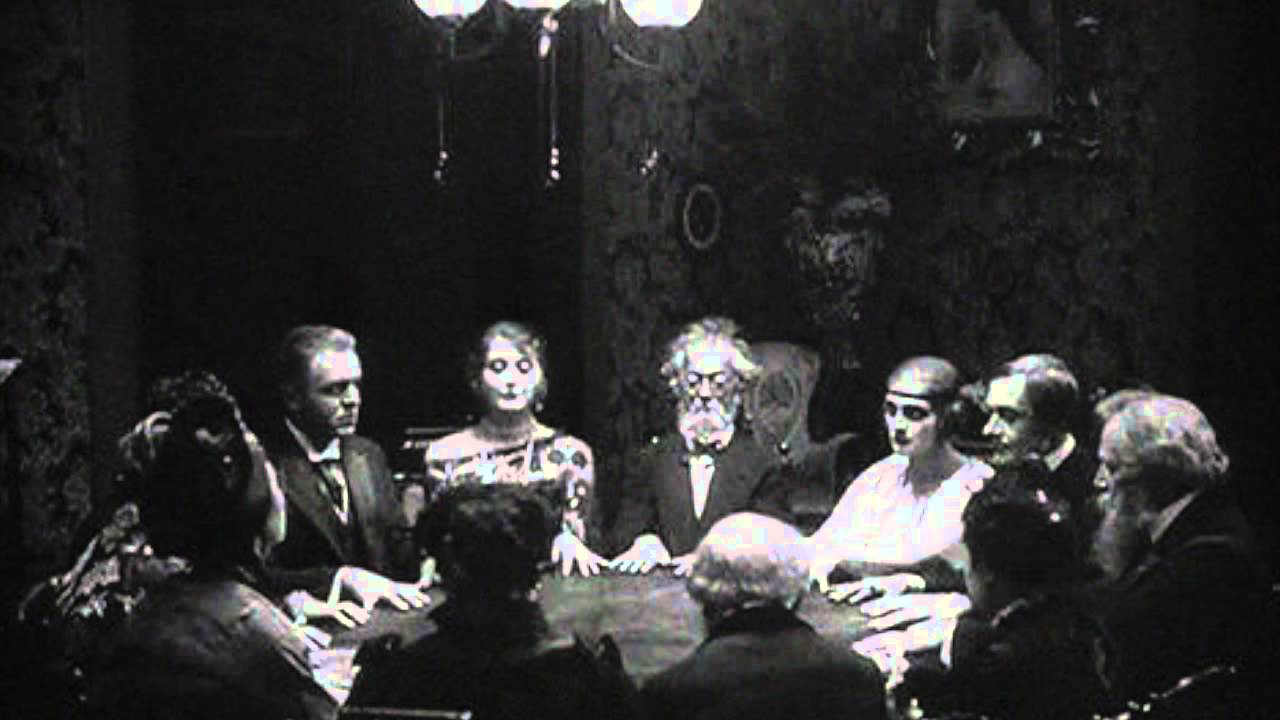
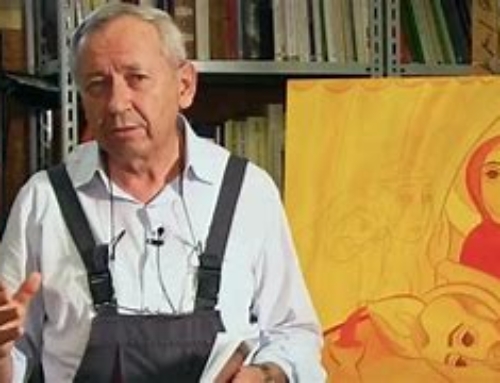
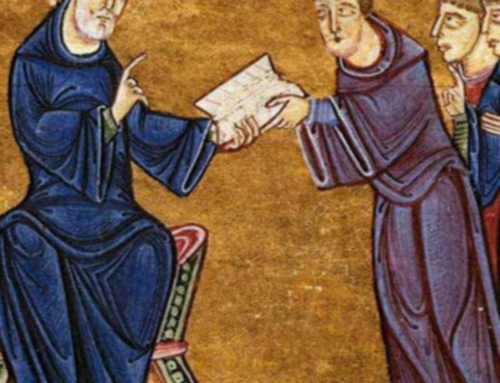

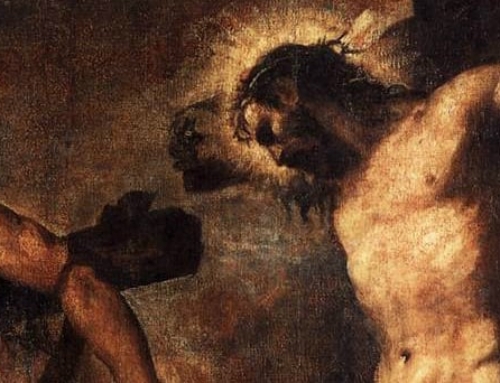
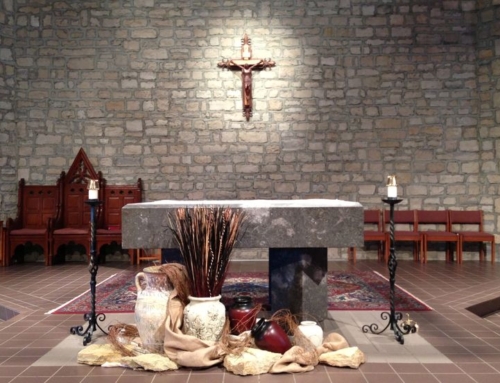
Leave A Comment
You must be logged in to post a comment.